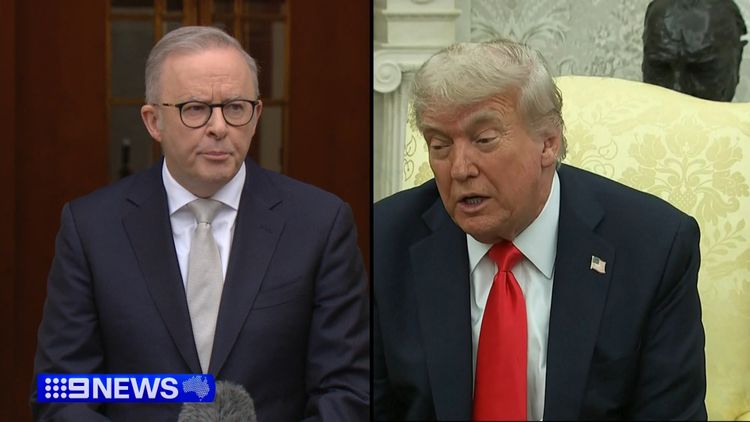US Begins Withdrawing Diplomats & Military Families from Middle East Amid Iran Tensions
The U.S. government has ordered many non-essential personnel and military dependents to leave key Middle East postings due to rising threats tied to increasing tensions with Iran.

Who’s Leaving and Why:
-
Diplomats pulled: All non-essential U.S. embassy staff in Baghdad, as well as personnel in Bahrain and Kuwait, have been ordered to depart immediately.
-
Military families urged to leave: The Pentagon, under Secretary Pete Hegseth, authorized voluntary departures of U.S. military dependents stationed across the region.
-
Reasoning: The State Department cited heightened regional instability, particularly the risk of reprisals after stalled nuclear negotiations with Tehran and threats from Iran’s defense minister to target U.S. assets.
Context & Implications:
-
Nuclear talks stuck: The sixth round of negotiations, taking place in Oman, shows little progress, with both sides signaling growing pessimism over reaching a deal.
-
Regional flashpoint: Israel is reportedly prepared to strike Iran’s nuclear facilities, and Iran has vowed to retaliate against U.S. bases if provoked—heightening concerns.
-
Global ripple effects: Oil prices spiked by about 5% following the evacuation announcement, reflecting investor anxiety over potential military escalation.
-
No troop withdrawals (yet): U.S. military personnel remain in place, but family members are being given safe exit routes.
What’s Next:
-
Security posture updates: The State Department recently upgraded worldwide travel advisories in response to evolving threats .
-
Diplomatic recalibration: With the nuclear talks in limbo and regional partners wary, U.S. officials are trying to balance caution with pressure on Iran.
-
Watch for escalation: Any military misstep—especially from Israel or Iran—could trigger broader conflict and force further U.S. action in the region.


Comments are closed, but trackbacks and pingbacks are open.